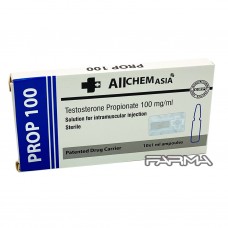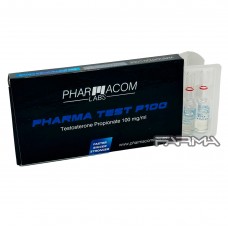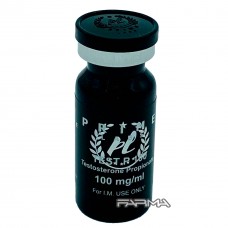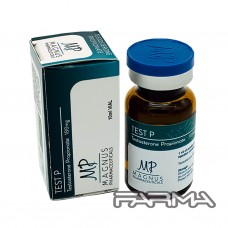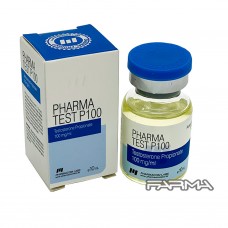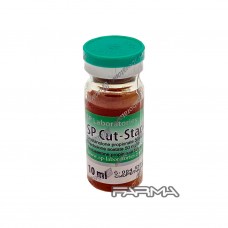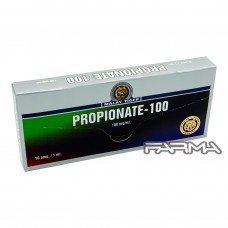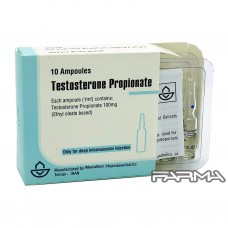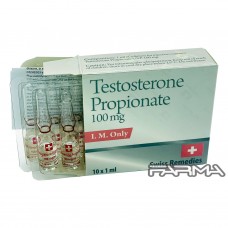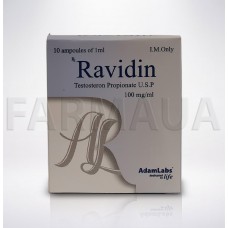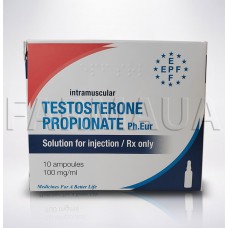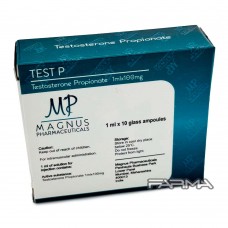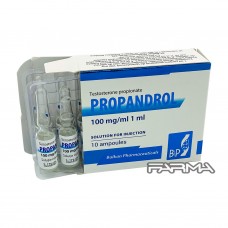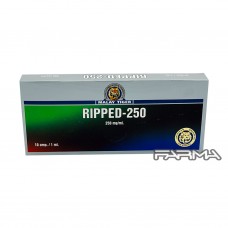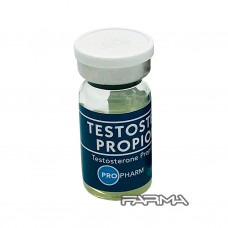Testosterone propionate is a synthetic derivative of testosterone, a natural hormone primarily produced in the testes in males and in smaller amounts in the ovaries in females. It belongs to the class of androgenic-anabolic steroids (AAS) and is commonly used for hormone replacement therapy (HRT) in males with hypogonadism. Understanding the medical uses, effects, and considerations of testosterone propionate is crucial for individuals considering its use, as well as healthcare professionals involved in managing hormone-related conditions.
Medical Uses of Testosterone Propionate:
-
Hormone Replacement Therapy (HRT): Testosterone propionate is used therapeutically in males with hypogonadism, a condition characterized by insufficient production of testosterone. It is administered as part of testosterone replacement therapy to restore normal testosterone levels, alleviate symptoms of hypogonadism, and improve quality of life.
Considerations for Testosterone Propionate Use:
-
Dosage and Administration: The dosage of testosterone propionate varies depending on individual factors such as age, gender, medical history, and response to treatment. It is typically administered via intramuscular injection into the gluteal muscle, thigh, or deltoid muscle, with dosing frequency ranging from once every 1 to 3 days, depending on the formulation and desired testosterone levels.
-
Monitoring Testosterone Levels: Regular monitoring of testosterone levels is essential during testosterone propionate therapy to ensure adequate hormone replacement and minimize the risk of adverse effects such as testosterone excess (supraphysiological levels) or deficiency (suboptimal levels). Healthcare providers may perform blood tests to assess testosterone levels and adjust treatment as needed.
-
Potential Side Effects: Common side effects of testosterone propionate therapy may include acne, oily skin, fluid retention, gynecomastia (enlargement of breast tissue in males), hair loss, and mood changes. More severe adverse effects may include cardiovascular complications, hepatic dysfunction, and prostate enlargement. Individuals should be aware of the potential risks and benefits of testosterone propionate therapy and discuss any concerns with their healthcare provider.
-
Hormonal Imbalance: Prolonged or excessive use of testosterone propionate can disrupt the body's natural hormone balance and may suppress endogenous testosterone production. After discontinuation of testosterone propionate therapy, individuals may experience withdrawal symptoms and temporary hypogonadism until normal testosterone production resumes.
-
Legal and Regulatory Considerations: Testosterone propionate is classified as a controlled substance in many countries due to its potential for misuse, abuse, and dependence. Its use for non-medical purposes, such as performance enhancement or bodybuilding, is prohibited by most sports organizations and regulatory agencies. Individuals considering testosterone propionate use should be aware of the legal implications and regulatory restrictions in their country.
Conclusion: Testosterone propionate is a synthetic derivative of testosterone commonly used for hormone replacement therapy in males with hypogonadism. Understanding the medical uses, effects, and considerations of testosterone propionate is essential for individuals considering its use, as well as healthcare professionals involved in managing hormone-related conditions. Proper dosage, monitoring, and adherence to treatment guidelines are essential for safe and effective testosterone propionate therapy. Individuals considering testosterone propionate therapy should consult with a healthcare provider for personalized evaluation and management based on their specific medical needs and circumstances.
